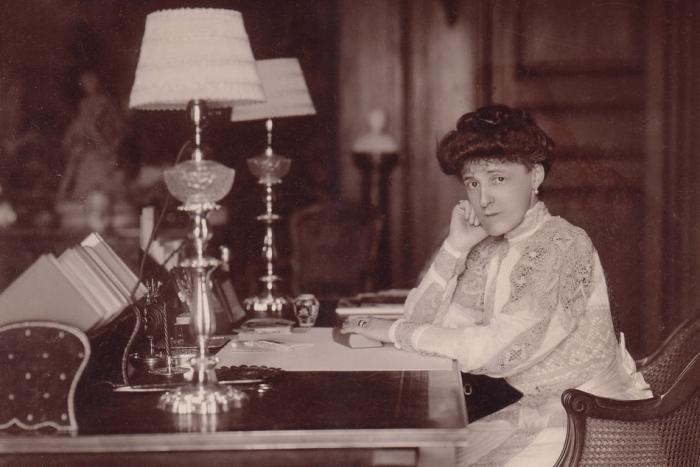Propagandhi, “With Friends Like These (Who the Fuck Needs COINTELPRO?)”, Today’s Empires, Tomorrow’s Ashes, 2001
The history looms through the fissures in Jonathan Lethem’s 2013 American-Communist-family-romance Dissident Gardens (which I discussed with him here), as well as in Dana Spiotta’s 2006 fugitive-activist novel Eat the Document. One of the better current evocations of its aftereffects, though I don’t remember it being mentioned by name, is in Montreal-based writer and theatre artist Jacob Wren‘s uneven, but deserving of more attention, 2010 “post-capitalist soap opera” Revenge Fantasies of the Politically Dispossessed.
The book opens with a series of political meetings that endlessly circle the problem that every potential action seems guaranteed to bring either repression or recuperation—those who don’t know the past may be doomed to repeat it, but those who do are doomed to paralysis. Meanwhile, as the would-be activists fret, the society around them slouches towards totalitarianism. (I wrote more about the novel when it was released.)
Which leads us back to our actual dilemma, which is that the government’s assembled a machinery of surveillance that (were it turned to similar purposes) would make J. Edgar’s dossier-amassing troops look like kids with crayons, while most people don’t care and the rest of us are stymied. My tour through the cultural curios of COINTELPRO hasn’t yielded any blueprints, but I have at least found one reading that summons up the ambivalent ambience convincingly.
It’s from one of the few novels to deal with that era’s legacy head-on—or at least as head-on as you can hope for from Thomas Pynchon. In Vineland, set in the 1980s, the dramatis personae are all one way or another implicated in the Hooverian dream theatre of the Sixties—agents, druggies, agitators, informants and their heirs. It was Pynchon’s 1990 comeback after the 17-year hiatus after Gravity’s Rainbow, and most critics greeted its antic assessment of the aftermath of that era with disappointment, but in recent years it’s gotten a more sympathetic upgrade. I’ve only dipped in and out, but this late passage merits scrawling in anxious chalk on the plaster above the bed as a thought via which to bolt up in the morning with a chill and a start at something, anything at all:
And other grandfolks could be heard arguing the perennial question of whether the United States still lingered in a prefascist twilight, or whether that darkness had fallen long stupefied years ago, and the light they thought they saw was coming only from millions of Tubes all showing the same bright-colored shadows. One by one, as other voices joined in, the names began — some shouted, some accompanied by spit, the old reliable names good for hours of contention, stomach distress, and insomnia — Hitler, Roosevelt, Kennedy, Nixon, Hoover, Mafia, CIA, Reagan, Kissinger, that collection of names and their tragic interweaving that stood not constellated above in any nightwide remoteness of light, but below, diminished to the last unfaceable American secret, to be pressed, each time deeper, again and again beneath the meanest of random soles, one blackly fermenting leaf on the forest floor that nobody wanted to turn over, because of all that lived, virulent, waiting, just beneath.
The News in Art appears every Tuesday (but sometimes Wednesday).






